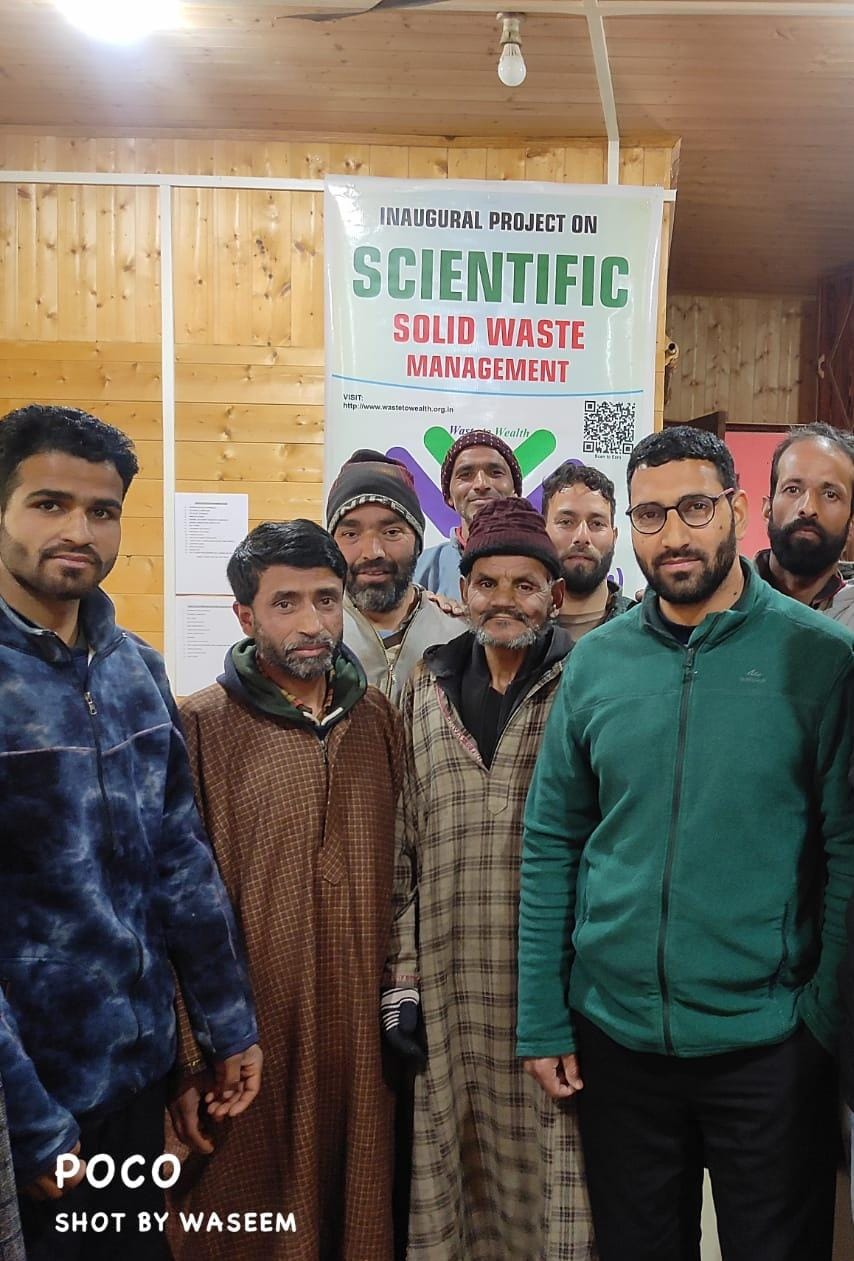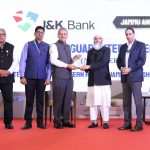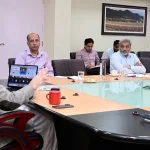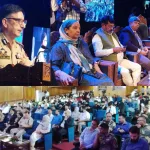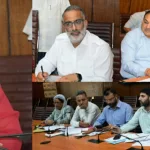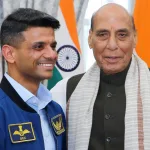Amidst the spiritual chants and snow-capped trails of the AmarnathYatra, a quiet environmental revolution is taking shape in South Kashmir’s Kulgam district. At its heart is Amir Khan, an engineer, Gandhian innovator, and social entrepreneur ,who is turning tonnes of Yatra-generated waste into eco-friendly products through a unique fusion of traditional handcraft and cutting-edge technology.
Operating under the banner of Waste to Wealth Sustainability Pvt Ltd, Khan leads a 25-member team, composed largely of local men and women, that processes nearly 150 tonnes of dry and wet waste collected from the Yatra’s base camps. The waste is delivered to the unit by Swaha, the Yatra’s sanitation partner, with logistical support from the Rural Sanitation Department.
“The AmarnathYatra has generated nearly 300 tonnes of waste since it began on July 3,” Khan explained. “About half of that reaches us after preliminary segregation at the camps. What would have polluted rivers or clogged landfills is now being converted into compost and durable, upcycled products.”
At his Kulgam facility, non-biodegradable dry waste like single-use plastic, biscuit wrappers, and packaging material is transformed into plastic granules and reinforced eco-bags. The biodegradable portion — mainly food waste from langars and mule dung — is turned into compost and biofertilisers using an indigenously developed IoT-enabled technology in collaboration with IIT Ropar.
Khan’s innovation stands out for its simplicity and sustainability. Rejecting fossil fuel-powered machines, the unit employs handlooms and traditional charkhas to upcycle plastic waste, resulting in a process that is not only carbon-neutral but also labour-intensive, generating meaningful employment. “This process has zero carbon emissions. It’s both eco-conscious and employment-friendly,” he told Rising Kashmir.
He’s quick to clarify that the bags produced at the unit are not conventional plastic bags. “They’re made of fabric, reinforced with layers of upcycled single-use plastic to make them strong, reusable, and sustainable,” he said.
Holding engineering degree and also Master’s in Social Work and a postgraduate diploma in Intellectual Property Rights, his accolades include being named a Clinton Global University Fellow, Global Governance Fellow, and Swachh Bharat Mission Ambassador, reflecting his longstanding commitment to innovation-led social transformation.
But for Khan, the impact goes far beyond recycling. “We are building a circular economy rooted in tradition, where waste becomes wealth, and crafts become tools of climate action,” he said.
His model, supported by IIT Ropar and powered by local hands, is now gaining attention for its potential scalability to other pilgrimage routes and rural areas across India.
“Waste is not a problem, it’s a misplaced resource,” Khan said. “With innovation, intent, and community participation, it can become a vehicle for both environmental healing and rural economic revival.”


